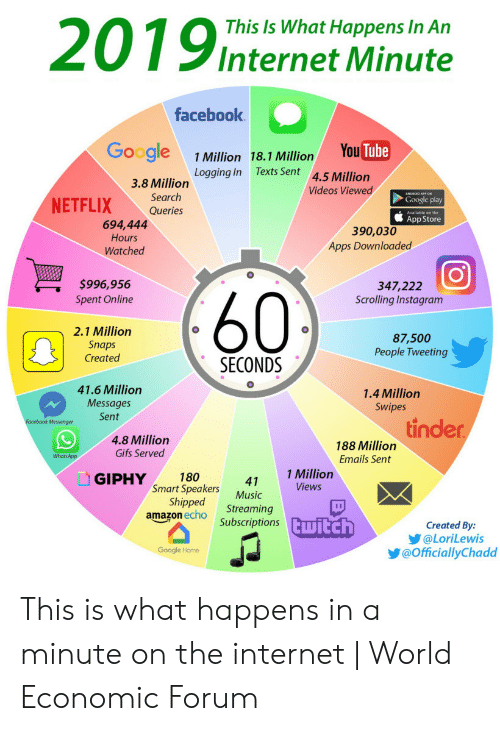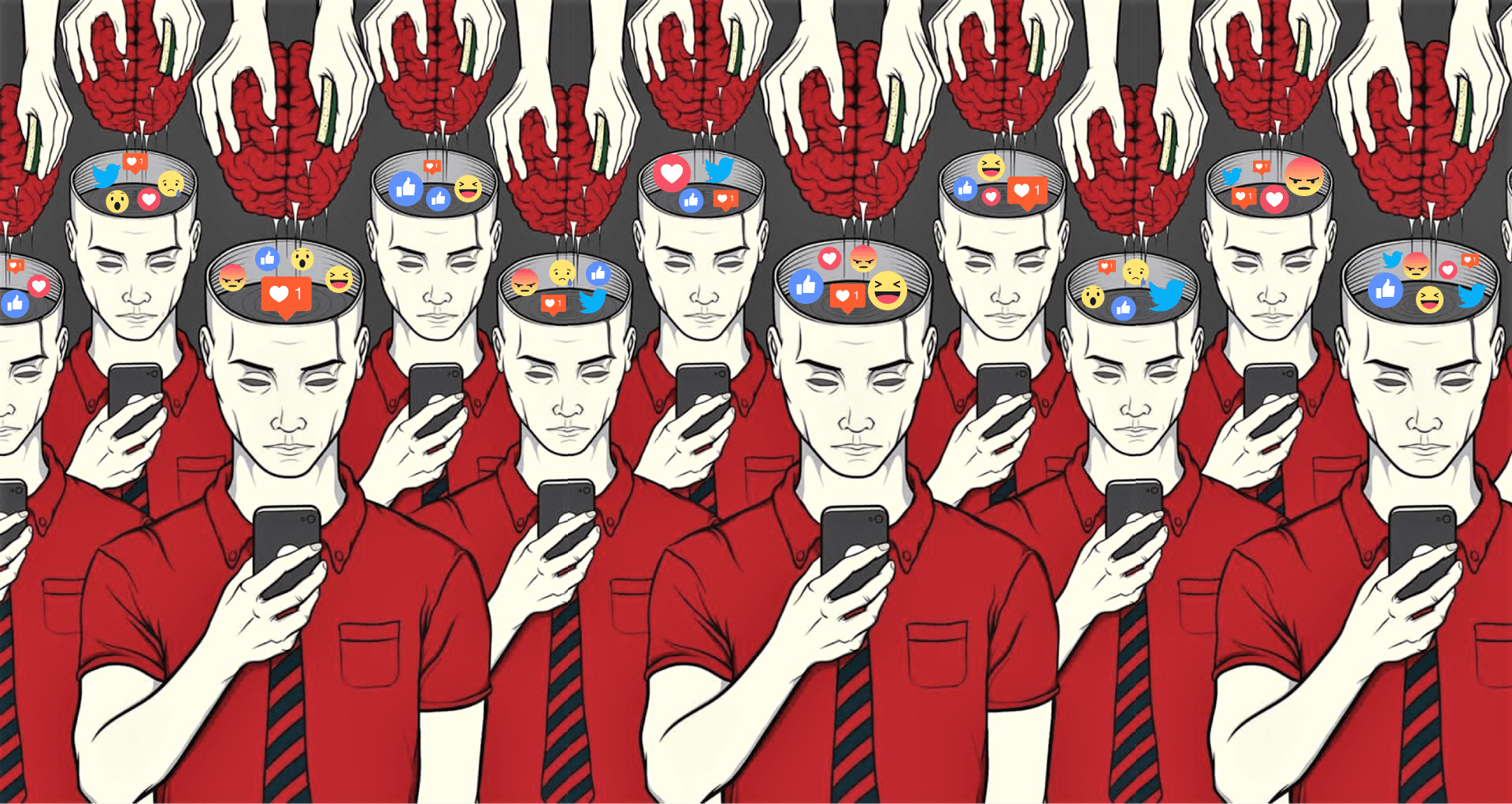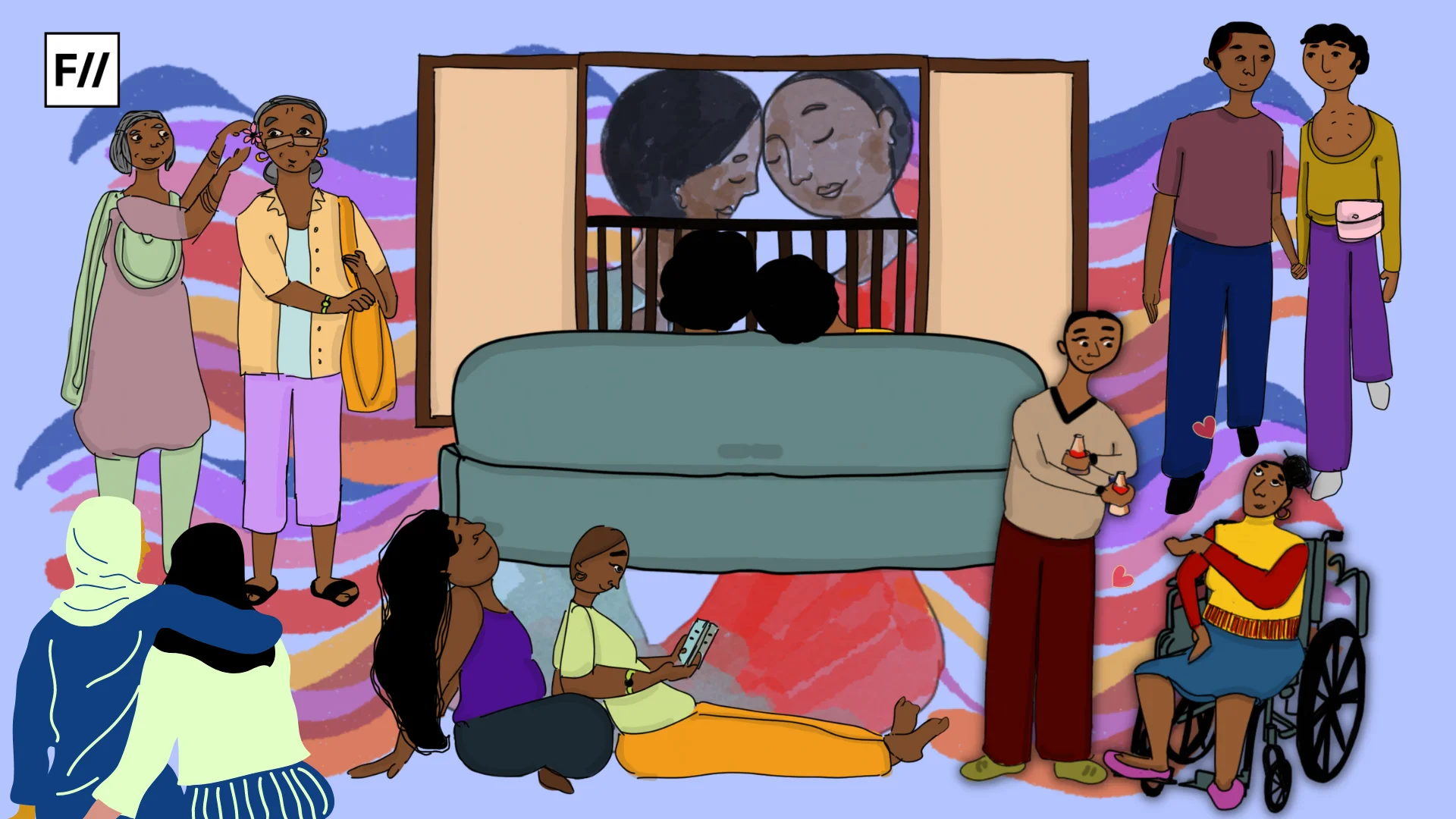“Hey! What are you doing these days?“
“Nothing much, just repetitively and mindlessly scrolling my thumb in an upward motion, worrying about the state of the world in a global pandemic, blocking feelings by drowning myself in TV teen dramas and wondering why I can’t do something productive. You?“
Social media has made it unbelievably easy to escape reality. It has given us the power to distract ourselves at every possible second at the tip of our fingers. Yet, we feel powerless when using it.
When we wish to complete our syllabus, we pick our phones to send one text and end up watching YouTube videos for hours. In spite of promising to watch just one more episode, we end up watching the entire season on Netflix and miss the scheduled call with our friends. Instead of processing our feelings, we scroll them out on Instagram.
We’re supposed to have all this extra time at the moment, for the things we have always wanted to do. But, if you feel like there are more things on the internet than ever, competing for your attention, then allow me to tell you something – you’re not alone.

The first thing we reach out to, when the slightest bit of boredom hits us, is our phone. We enter the digital world right when we wake up in the morning till we doze off at night. Taking advantage of this, applications like Facebook, Google, Twitter, TikTok etc., target us individually and expose each one of us to thousands of ads, brand notifications, texts, videos, headlines, photos, apps on a daily basis.
There are people hired by these companies who are working just to keep us hooked—cashing in on the attention that we pay. They compete over how much time we spend and how frequently we check them. They listen to us, track us, monitor us, provide validation then tell us what to buy and what to consume. We are being analyzed, assessed and then marketed to. They make money off of our likes, dislikes and information.
This has given rise to a new type of economy—The Attention Economy.
The first thing we reach out to, when the slightest bit of boredom hits us, is our phone. We enter the digital world right when we wake up in the morning till we doze off at night. Taking advantage of this, applications like Facebook, Google, Twitter, TikTok etc., target us individually and expose each one of us to thousands of ads, brand notifications, texts, videos, headlines, photos, apps on a daily basis.
Understanding The Attention Economy
The term was coined by psychologist, economist, and Nobel Laureate Herbert A. Simon, who posited that attention was the “bottleneck of human thought” and also said that “a wealth of information creates a poverty of attention”.
Attention comes in different forms—love, recognition, obedience and help. It is theoretically unquantifiable. However, one can derive attention’s value from the amount of time we focus on a particular thing. Social media might look ‘free’ but it’s not. In a conventional market, we pay money to buy a good or service. If the Internet is a market, then we are all paying with our attention.
Attention is a scarce resource. It is the greatest and most valued commodity in this age. There is only so much humans can pay attention to. We have to or want to do a lot of things; this includes sleeping, working, exercising, reading a book, writing articles, learning a new hobby, meeting a friend, calling our parents or even enjoying our own company. More often than not, in our daily struggles, we lose to our addictive phones screens. When we are paying attention to one thing, we are depriving ourselves of others. And these activities are what huge platforms are competing against.

Reed Hastings, CEO, Netflix once famously said that their platform isn’t just competing with Amazon or HBO, but also with basic human needs and tasks including sleep. Sleep! Let that sink in.
Also read: 5 Reasons Why I Binge-Watch The Sitcom Mom And You Should…
Ludic Loops And Other Tactics
The platforms are aggressively using many designing tactics in order to monetise our every move and to make sure we do not step away. It’s important to understand why we behave and react the way we do in order to reclaim ourselves.
Red colour of notification badges – Red colour indicates urgency, triggers an immediate response and makes you want to click on it.
Autoplay on video platforms – This makes the viewer watch more than they wanted to in the first place.
Infinite scrolling – You can spend infinite time on social media with the never ending content. The human mind never gets ‘enough of it’.
Content with time constraints – Instagram stories, WhatsApp status, Twitter fleets, etc. disappear after 24 hours. Exploiting FOMO much?
Ads to move forward – Generally in games, after each level, an ad pops up. You need to watch that to move to the next level. The ad is generally followed by a clickable link which directs you to the advertiser’s website.
Like, Share, Comment – all these are only a handful of examples.
Social Media is designed in a manner which is addictive using a process called “ludic loops”. It’s that circle of doing the same thing again and again because you get just enough reward to keep you trying for it. Using social media eases our nervous system and provides ‘psychological cravings’ by providing dopamine laced services. It’s similar to gambling addiction. Phone scrolling can be a dissociative response. Nevertheless, we need to come up with better coping mechanisms, instead of shaming ourselves.
Social Media is designed in a manner which is addictive using a process called “ludic loops”. It’s that circle of doing the same thing again and again because you get just enough reward to keep you trying for it. Using social media eases our nervous system and provides ‘psychological cravings’ by providing dopamine laced services. It’s similar to gambling addiction. Phone scrolling can be a dissociative response. We need to come up with better coping mechanisms, instead of shaming ourselves.
Natasha Schüll, the author of Addiction by Design, who coined the term lucid loops, in an interview said, “In the online economy, revenue is a function of continuous consumer attention – which is measured in clicks and time spent.” Whether it’s Snapchat streaks, Facebook photo-scrolling, or playing CandyCrush, Schüll explained, you get drawn into “ludic loops” or repeated cycles of uncertainty, anticipation and feedback — and the rewards are just enough to keep you going.

How To Fix This?
It’s imperative to understand that we aren’t completely at fault. However, the question we need to ask ourselves is – how much time we are willing to spend? The time spent affects us financially, physically and emotionally.
Budget your attention– Consider attention as your salary. Divide it up and prioritise things you can’t do without first.
Save your attention– Start by not using your phone intentionally for 15 minutes in a day and gradually increase this duration. Do something you always wanted to do or do nothing. Choose solitude.
Regain digital control– Track screen time, switch off unimportant notifications, uninstall applications, get an ad blocker, determine hours of availability on Slack and Email so that people know when to expect a reply.
Also read: 4 Women-Led Sitcoms To Binge Watch If You Are Feeling Low…
It’s time we use social media more intentionally so that we can get inspired and motivated.

PS: ‘How to Do Nothing: Resisting the Attention Economy’ by Jenny Odell is a brilliant read. It talks about how we can put our attention into uncovering and unlearning our unconscious biases. It’s a fascinating critique of how social media has shaped our minds and the world.
Features Image Source: Joey Klarenbeek
About the author(s)
A student of Economics who can be found in streets of Delhi looking for art and good pancakes. Shambhavi hates sugar in her coffee as much as a man telling her what to do.




